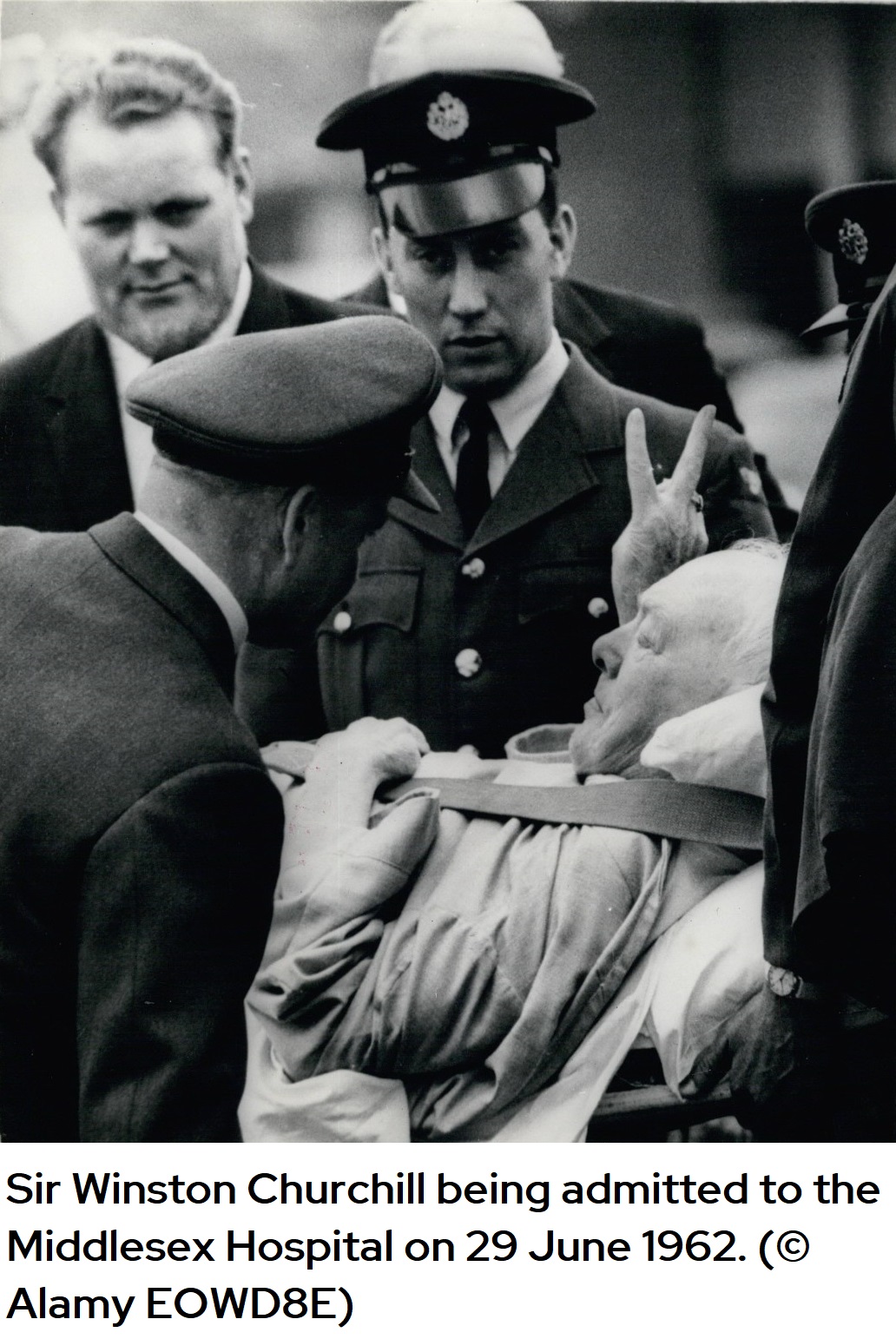Winston Churchill's Illnesses Ethical Aspects

Ethical Aspects
A great deal has been written about the ethical aspects of reporting, in the public domain, about the health of any individual. The difficulties of balancing confidentiality and the public good were exemplified by suppression, during their lifetimes, of the degree of President Roosevelt’s disability resulting from polio and the fact of President Kennedy’s adrenal insufficiency (Addison’s disease).
The opprobrium expressed at the time by members of Churchill's family, his closest colleagues as well as medical colleagues is balanced by the view that a man as great as Churchill could not have any privacy, but that "he belongs to the world, alive or dead, and anything related to him, especially his health problems, are of universal interest." 1 On this view medical disclosures made after the death of an individual, in order to set the historical record straight, are justifiable.
In his defence, Moran wrote: "I believe the obligation is absolute in the life-time of a patient. I would, however, submit that it is not applicable to a great historical figure, such as Sir Winston Churchill, after his death, since it is inevitable that his illnesses will be described in detail by the laity." 2
Lord Brain, another of Churchill's physicians, clearly pondered this dilemma in regard to his own medical case notes: "I doubt if there are any absolute ethical rules and sometimes there is a conflict of obligations. The main thing is to see that no avoidable harm is done, and that there may well come a time after Churchill himself is dead, when publication of this account of his health may do no harm to anyone and actually be of some historical importance."3
Fifty-five years have now passed since Sir Winston Churchill's death. Vale and Scadding convincingly demonstrate that after this interval it is both timely and relevant to review his illnesses again in detail, in an attempt to produce a definitive account. Their goal has been primarily to set the record straight. They have sought and obtained the blessing of the Churchill family in their documentation of Sir Winston’s health and they pay tribute in particular to Randolph Churchill, Churchill's great grandson, who has supported their endeavours throughout the book's gestation.
This account of a supremely accomplished and gifted world leader not only amplifies what has been published previously but also undoubtedly dispels some myths and sets the record straight.
1. Robitscher JB. Doctors' privileged communications, public life, and history's rights. Cleveland-Marshall Law Review 1968; 17: 199-212.
2. Lord Moran's Diaries. Letter from Lord Moran. The Times 25 April 1966.
3. Brain WR. Encounters with Winston Churchill. Med Hist 2000; 44: 3-20.